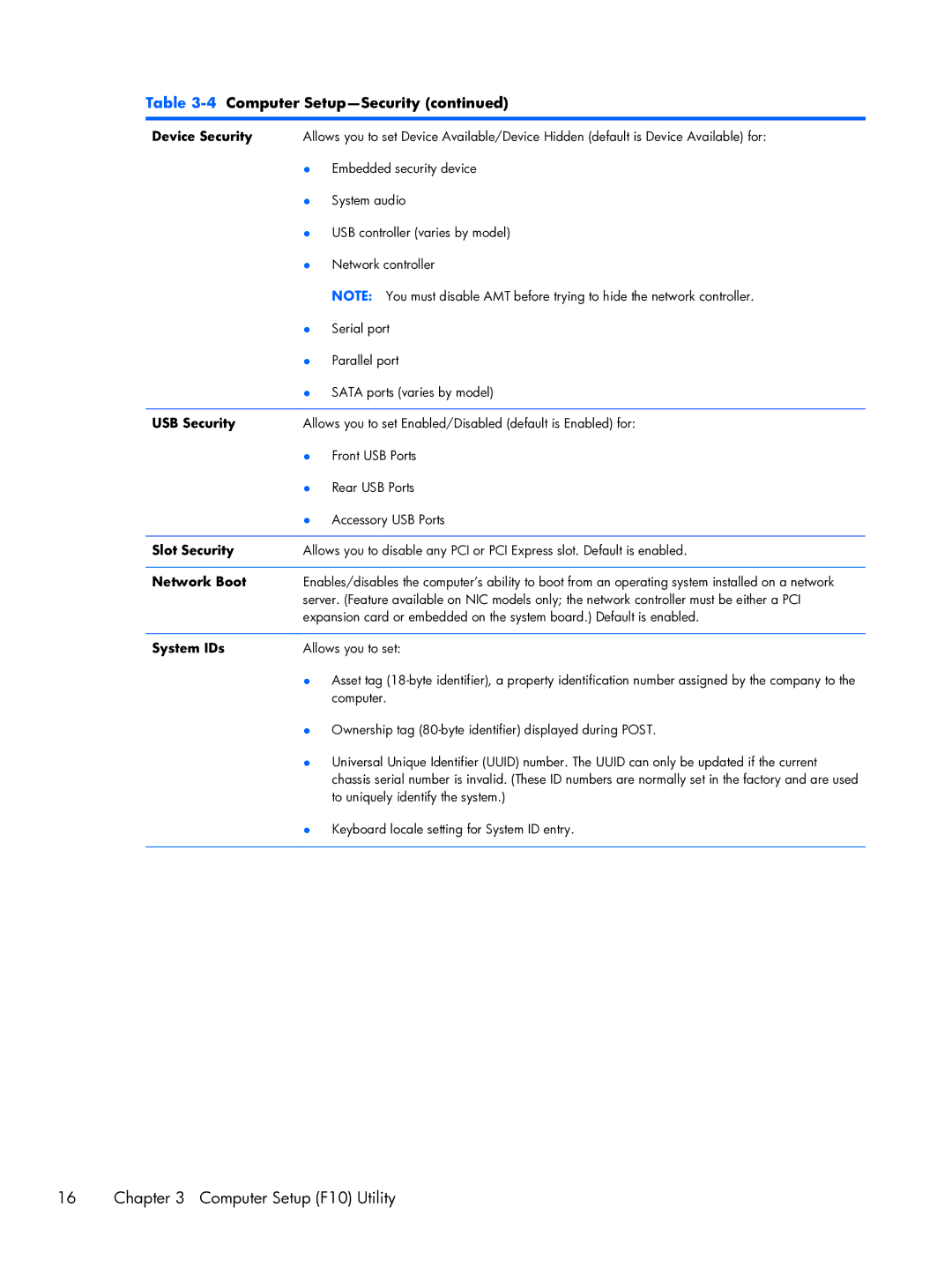Table 3-4 Computer Setup—Security (continued)
Device Security | Allows you to set Device Available/Device Hidden (default is Device Available) for: | |
| ● | Embedded security device |
| ● | System audio |
| ● | USB controller (varies by model) |
| ● | Network controller |
|
| NOTE: You must disable AMT before trying to hide the network controller. |
| ● | Serial port |
| ● | Parallel port |
| ● | SATA ports (varies by model) |
|
| |
USB Security | Allows you to set Enabled/Disabled (default is Enabled) for: | |
| ● | Front USB Ports |
| ● | Rear USB Ports |
| ● | Accessory USB Ports |
|
| |
Slot Security | Allows you to disable any PCI or PCI Express slot. Default is enabled. | |
|
| |
Network Boot | Enables/disables the computer’s ability to boot from an operating system installed on a network | |
| server. (Feature available on NIC models only; the network controller must be either a PCI | |
| expansion card or embedded on the system board.) Default is enabled. | |
|
| |
System IDs | Allows you to set: | |
| ● | Asset tag |
|
| computer. |
| ● | Ownership tag |
| ● | Universal Unique Identifier (UUID) number. The UUID can only be updated if the current |
|
| chassis serial number is invalid. (These ID numbers are normally set in the factory and are used |
|
| to uniquely identify the system.) |
| ● | Keyboard locale setting for System ID entry. |
|
|
|
16 | Chapter 3 Computer Setup (F10) Utility |
